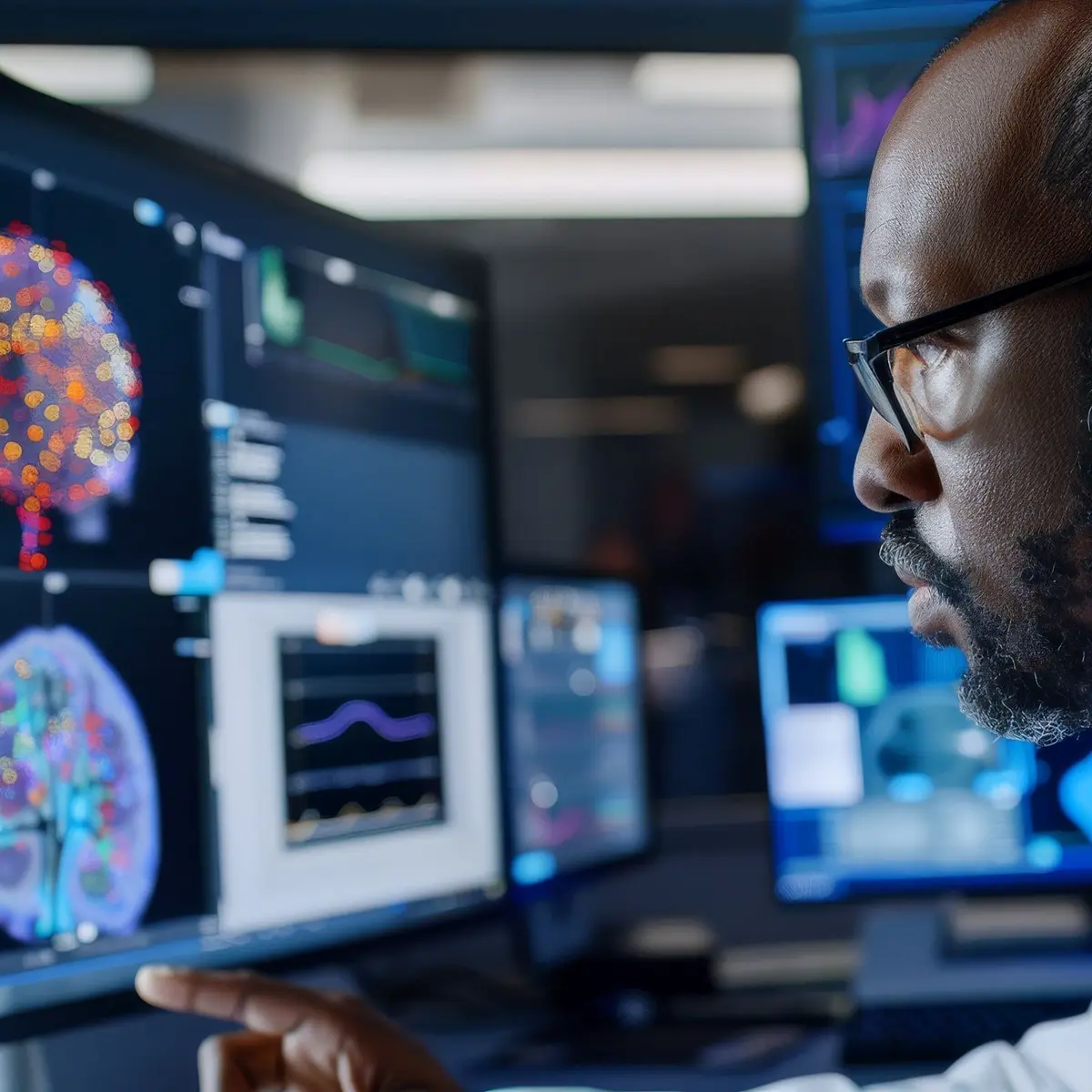Medical Physics Program Overview
Gain education and training in radiation sciences, radiation protection, medical applications of radiation, and dosimetry (including laboratory work and clinical internship) with UMass Lowell's Medical Physics program.
Accredited by the Commission on Accreditation of Medical Physics Educational Program (CAMPEP), our master's program collaborates with local and regional teaching hospitals and cancer centers in the Boston area to provide you with cutting-edge education in therapeutic and imaging medical physics.
The program duration is designed to be two years plus one summer semester, although the typical academic plan may be different due to elective courses and the length of thesis research.

